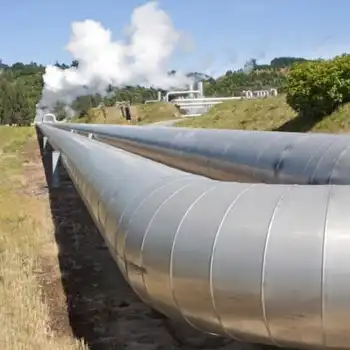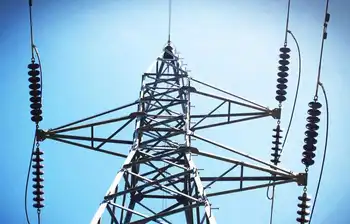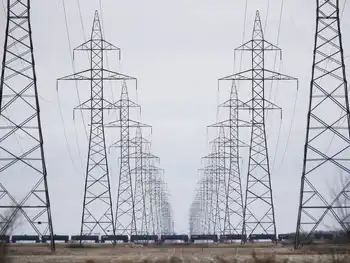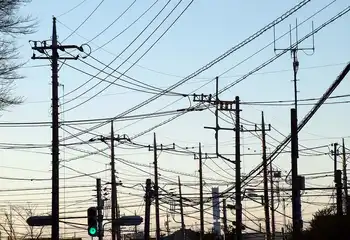Meter replacement projects boost prospects in Southeast Asia
SINGAPORE -- - The electricity meters market in Southeast Asia is gaining pace due to several factors. In addition to new installations for a growing residential segment and the replacement of obsolete electromechanical meters with more recent technologies, the market is also getting a boost from the governments' drive to increase the electrification ratio and improve grid efficiency.
Market participants should offer highly accurate electricity meters that are durable and have power back up capabilities, if they want to successfully penetrate the electricity meters market in the region.
New analysis from Frost & Sullivan, Electricity Meters Market in Southeast Asia, finds that the market earned revenues of US$403.9 million in 2013 and estimates this to reach US$483 million in 2018. The study covers electromechanical, electronic, prepaid and advanced metering infrastructure AMI/ automatic meter reading meters.
Opportunities for electricity meter manufacturers are on the rise, as power utilities implement meter replacement projects in the Philippines, Malaysia and Vietnam. These opportunities, along with the boost in prepaid meter sales, especially in the Philippines and Indonesia, are fuelling market revenues. The governments in both these countries are eager to install customer-friendly solutions that can control and monitor energy usage.
"Indonesia will be a particularly lucrative market for electricity meter manufacturers, as utility companies – who are looking to reduce their operational expenses, electricity pilferage, and power loss – are implementing a widespread meter replacement project to install prepaid meters in the residential segment," said Frost & Sullivan Energy & Environmental Senior Research Analyst Avanthika Satheesh.
"Other worthwhile markets include Thailand, where AMI trial projects are expected to commence, and Singapore, where AMI meter installation in the commercial and residential segments has already started," she added.
However, the replacement of electromechanical meters with newer technologies has resulted in more accurate readings and higher billings for customers. This has created resentment and stiff resistance to newer meters. Further, the dearth of skilled labor and financial constraints are delaying AMI projects across Southeast Asia. These factors, coupled with the lack of a fixed roadmap for AMI meter installations in countries such as Malaysia, Singapore and Thailand, are slowing down market growth.
"With some utilities having declared fixed timelines for the completion of meter replacement projects and increase of electrification ratios, the demand for electricity meters will strengthen. Hence, electricity meter manufacturers can rest assured that they will have plenty of opportunities to tap in Southeast Asia," noted Satheesh.
Related News
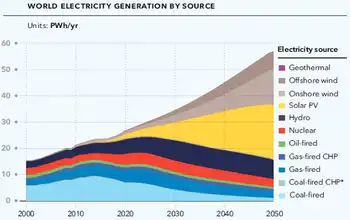
Global electric power demand surges above pre-pandemic levels
LONDON - Carbon dioxide emissions from the global electric power sector surged past pre-pandemic levels to record highs in the first half of 2021, according to new research by London-based environmental think tank Ember.
Electricity demand and emissions are now 5% higher than where they were before the Covid-19 outbreak, which prompted worldwide lockdowns that led to a temporary drop in global greenhouse gas emissions. Electricity demand also surpassed the growth of renewable energy, the analysis found.
The findings signal a failure of countries to achieve a so-called “green recovery” that would entail shifting away from fossil fuels toward renewable energy to…

